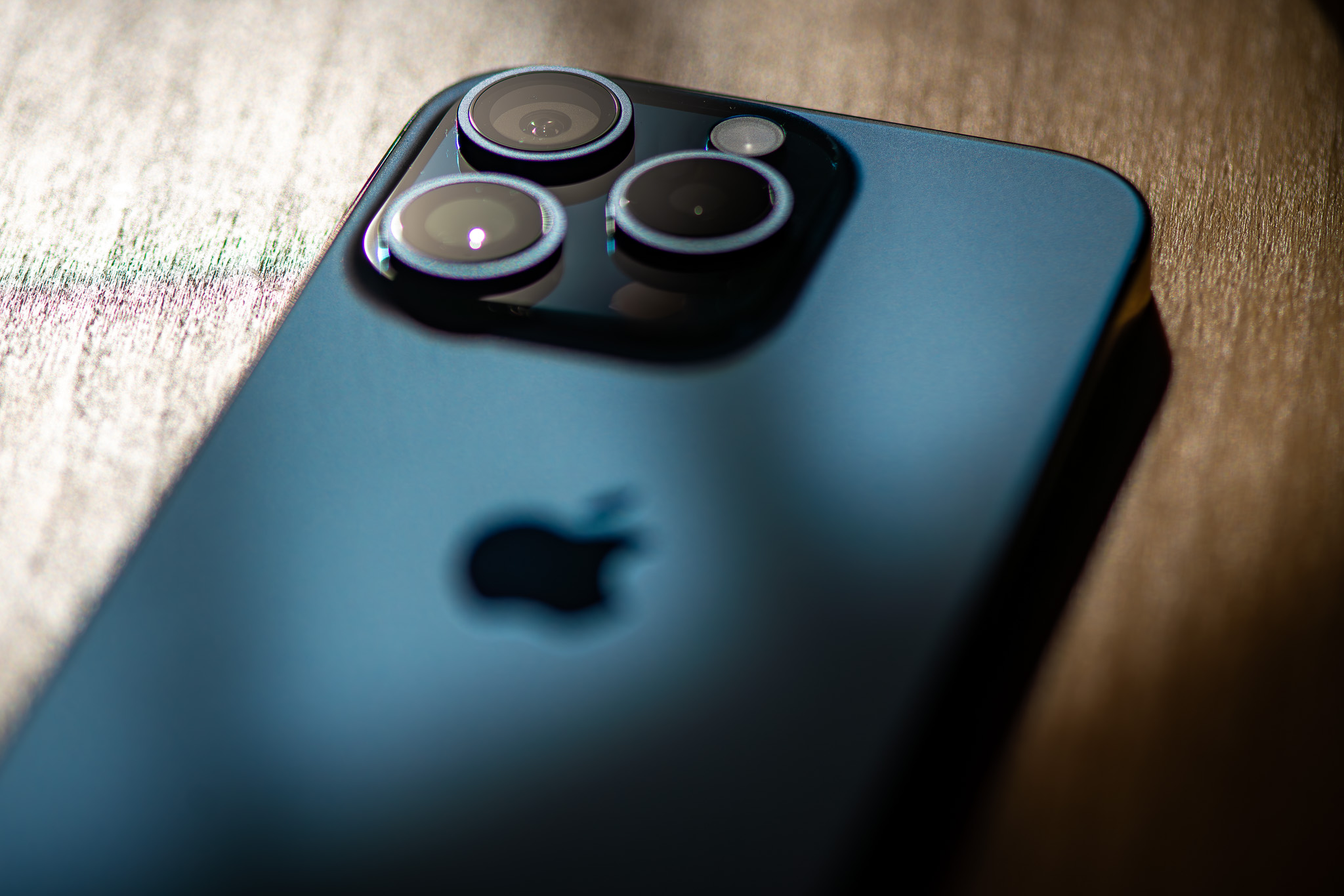Apple will integrate RCS into iPhones starting next year, but at what cost?

The iPhone will be compatible with the RCS protocol (Rich Communication Services) from next year, Apple confirmed to 9to5Mac. The messaging standard, currently adopted on Android smartphones, will allow a more consistent communication experience between iPhones and Android devices.
So Apple finally gave in to pressure from Google and the European Union.
Because this announcement comes at a time when companies such as Google, Samsung or even Nothing are putting pressure on the Cupertino technology giant to adopt this standard in order to improve interoperability and parity of functionality between the different operating systems and products.
At the moment, communicating with a non-iPhone user via iMessage has several limitations
Currently, communicating with a non-iPhone user via iMessage has several limitations, including the absence of typing indicators, very complex group chats and sending images at a lower resolution. The RCS protocol mitigates these disadvantages and, by taking advantage of cellular and Wi-Fi services, introduces other advantages for users, such as location sharing and acknowledgements between iPhones and Android.
In a statement to 9to5Mac, Apple indicates: “During the next year, we will add support for RCS, the standard as it is currently published by the GSM association. We believe that RCS will offer a better interoperability experience than SMS or MMS. This will work in parallel with iMessage, which will remain the best and most secure messenger for Apple users”. Until then, Apple used the SMS/MMS standard to communicate between Apple and non-Apple devices.
RCS technology will be applied to
the “Messages” application integrated into the iPhone, iPad and
computers such as the macOS-based MacBook Air and MacBook Pro.
The adoption of RCS does not mean the end of iMessage
It should therefore be noted that the adoption of RCS does not mean the end of iMessage. Apple’s text messaging service remains the most secure and private platform thanks to end-to-end encryption. Since 2011, Apple has indeed been using its own standard for the
text messaging between Apple devices. It allows you to edit recently sent messages in
iOS 17.
The Android camp, led by Google, began deploying RCS in 2019.
All Android smartphones running Android 9.0 (Pie) or a
later version integrate RCS in the Messages application. The
Samsung Galaxy smartphones have an RCS feature called
“Chat+” which requires a separate activation process.
Hiroshi Lockheimer, senior vice president of Google for Android, a
criticized Apple at the beginning of the year for having “locked customers in
its own text messaging platform”.
The weight of DMA
Last September, the European Union finalized the list of companies subject to the DMA and began a grace period of about six months. The DMA is a bill that regulates the operators of platforms of a certain size by designating them as “guardians” in order to prevent the operators of large platforms from abusing their power in the market.
Companies designated as “gatekeepers” are required to interoperate with third-party services.
Google recently sent a letter to the European Commission (EC) along with other major European telecommunications companies, including Vodafone (United Kingdom), Deutsche Telekom (Germany), Telefónica (Spain) and Orange (France), requesting that Apple’s “Message” application be designated as a platform service subject to the DMA.
This is the second time that Apple has abandoned a proprietary standard due to European regulations
“iMessage should be considered a core platform service subject to the DMA,” they argued, noting that Apple makes enough money from iMessage to keep it closed to other platforms.
This is the second time that Apple has abandoned a proprietary standard due to European regulations. The company has abandoned the 8-pin Lightning connector in favor of USB-C on four iPhone 15 models released this year, after the EU imposed that all mobile devices released from next year be equipped with a USB-C connector.
To go further on the RCS
Source: “ZDNet.com ” and “ZDNet Korea”








